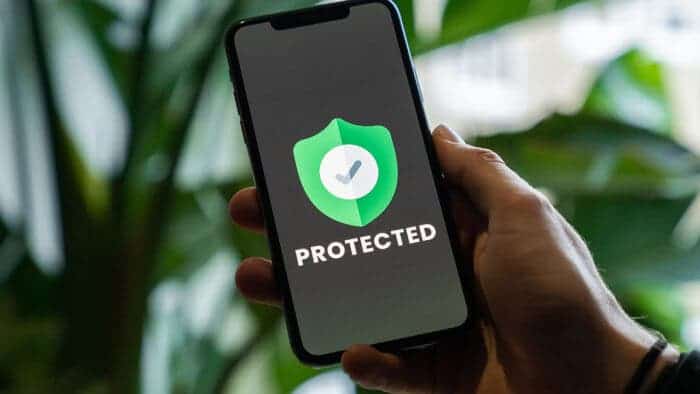These days, smartphones are just like wallets. You may already have your government IDs, debit and credit cards, membership cards, and other essential information stored on your phone at the moment. And while it’s convenient to carry all these on your phone, they are a risk to your personal security.
There are tons of different methods that crooks have adapted to. Security attacks have become quite common, from cyberattacks to NFC hacking to stealing your data with phishing links and malwares. And to protect your personal security, you need to remove some key things from your smartphone.
Delete the Master List of All Your Passwords to Enhance Personal Security
There’s no denying that it’s quite hard to remember all your passwords. And considering how easy it has become to crack passwords, you can’t just use the easy passwords to secure your account. But no matter what, you shouldn’t keep a master list of all your passwords on your smartphone. It’s a major personal security risk.
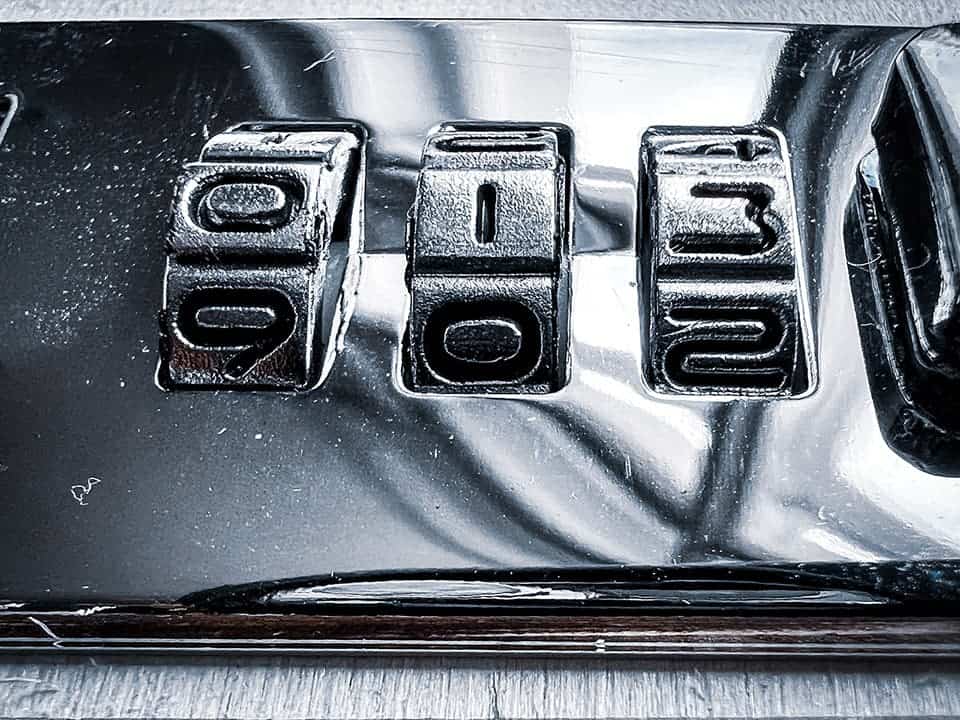
When you lose access to this list or if it gets into the wrong hands, you’ll experience a chain of security breaches. But how can someone get this list in the first place? Well, what if your phone gets stolen and the perpetrator gets access to your phone? In such cases, no matter how complex your passwords are, your personal security will be compromised.
However, this doesn’t mean you should replace all the complex passwords with something easy to remember. That might eliminate the need to keep a master list. But weak passwords will leave all your digital accounts vulnerable. So, to enhance your personal security, you should use a password manager instead.
Remove Home Addresses Saved on Your Phone
Have files on your phone that shows your home address? You need to get rid of them if you want to amp up your personal security. Crooks can use those files to track you. And it’s not just you that will be in danger if the address information goes into the wrong hands. Your family members will be in danger too.
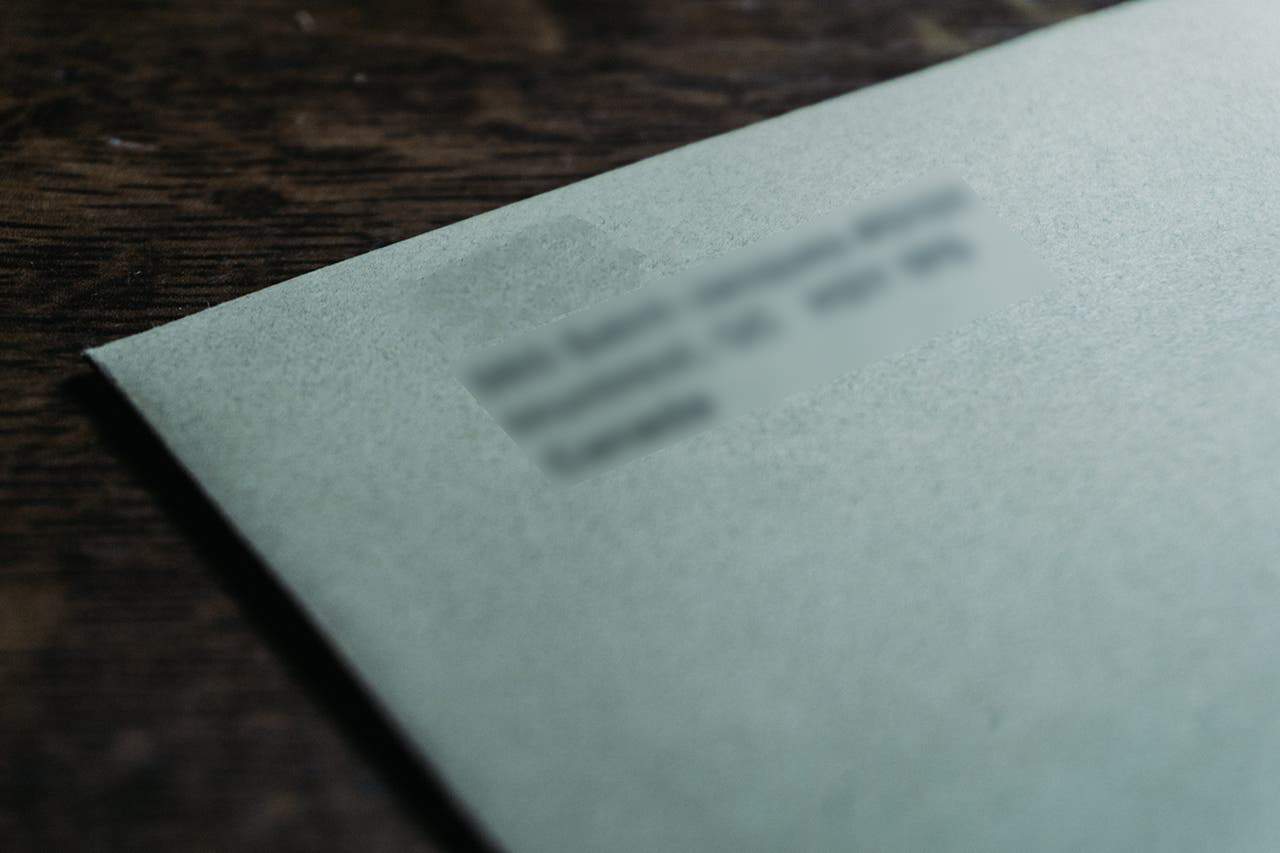
In addition to just deleting those files, you should not post things on socials with location information on them. Yes, the location-sharing feature might seem interesting at first, but it is a major risk to your personal security. Anyone seeing your photos or stories with the address information can track you down.
Don’t Store Contact Numbers with Full Names
To protect your personal security, you should stop storing contact numbers with full names. In fact, you shouldn’t store contact numbers with recognizable labels. Wondering why? If your phone gets stolen, the thieves can impersonate you and send alarming texts to all your loved ones.
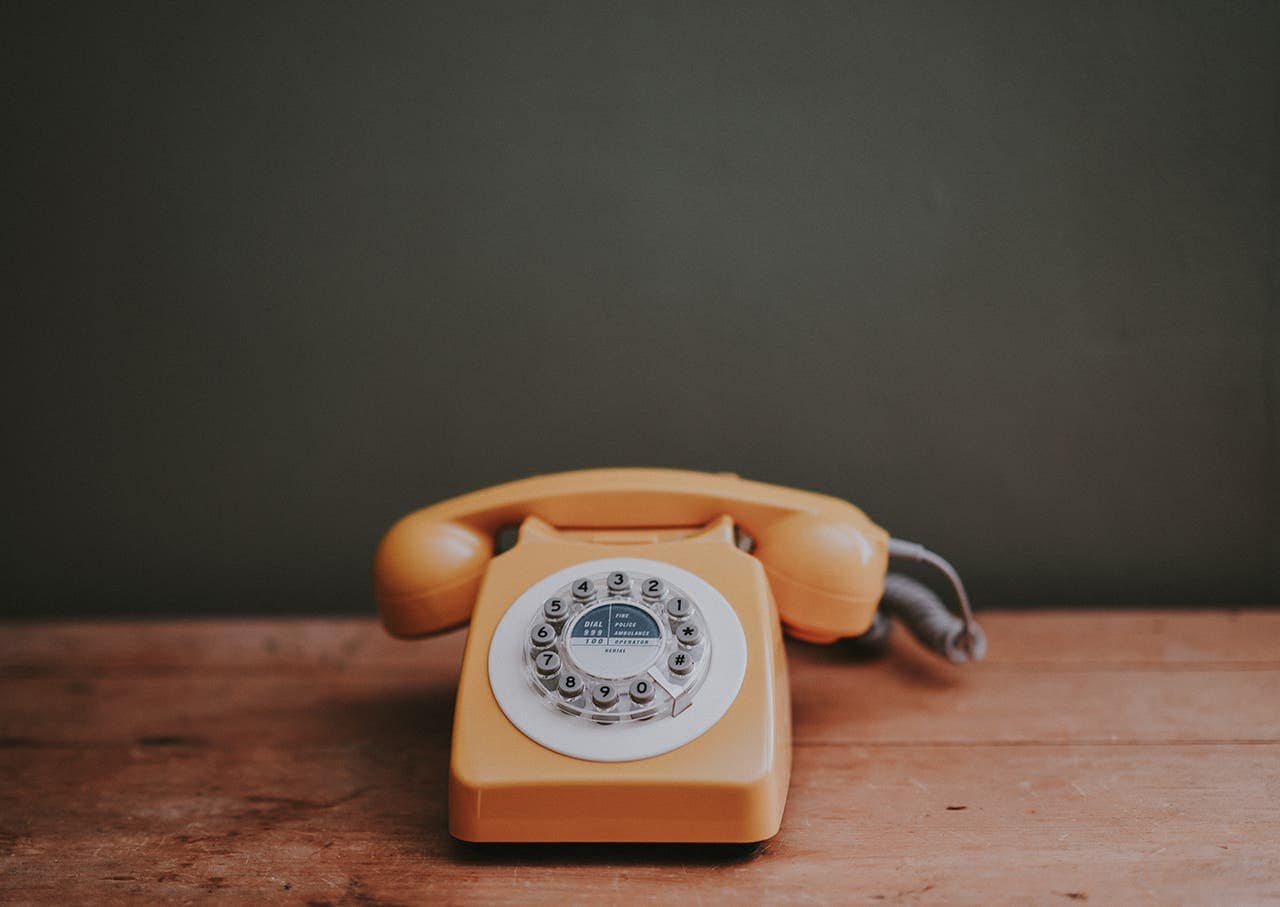
So, instead of using Mom, Dad, and other labels that are recognizable, you should use first names and last names. This will prevent the hackers from exploiting your relationships when they get access to your phone.
Pictures of Government IDs Can Seriously Put Personal Security at Risk
Keeping photos of government IDs on your phone may seem like a smart move. After all, it eliminates the need to carry the physical card with you everywhere. They can also come in handy when you’re in an emergency situation. But these pictures pose a serious personal security risk.

Thieves won’t hesitate to exploit your government IDs if your phone gets into the wrong hands. Next thing you know, you will be associated with several fraudulent activities. Also, you may find many loans under your name, which you didn’t even take by yourself.
Sensitive Documents and Paperwork That Contains Your Personal Information
Many keep the Personally Identifiable Information (PII) saved on their devices. For example, you may have kept the SSS numbers, IRS forms, and employer details on your phone if you handle tax returns online. These documents might make it easier for you to handle different tasks, but they threaten your security.
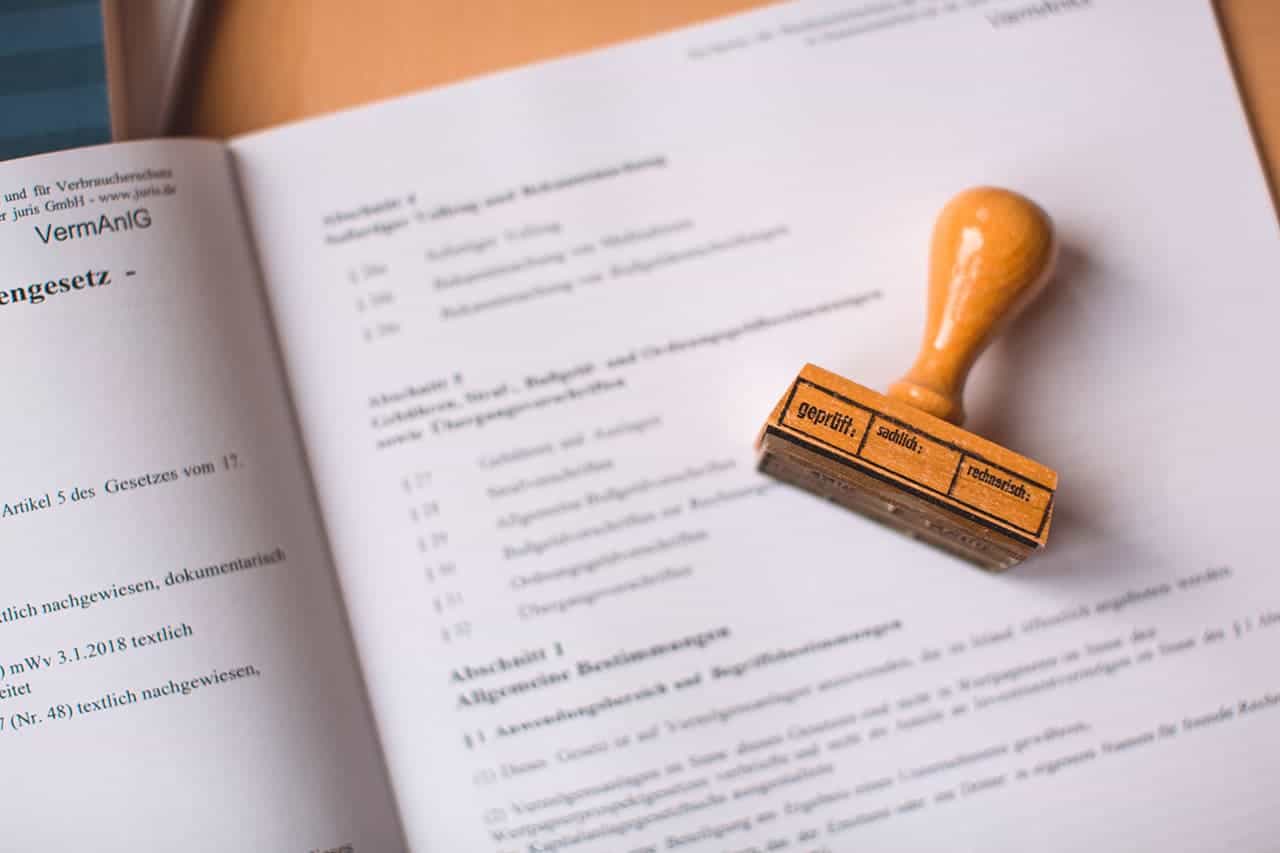
Scan through all the files that are on your phone and filter out the ones with personal and sensitive information. Also, look through your email and online storage accounts. There could be sensitive files that you don’t need anymore. Delete them to get your personal security enhanced.
Bank Account Numbers and Security PINs
If you care about your personal security, you should not store your bank account numbers and security PINs on your smartphone. These pieces of information create a weak link for your finance apps. And if anyone gets a hold of them, you may suddenly find zero balance on your banking accounts.
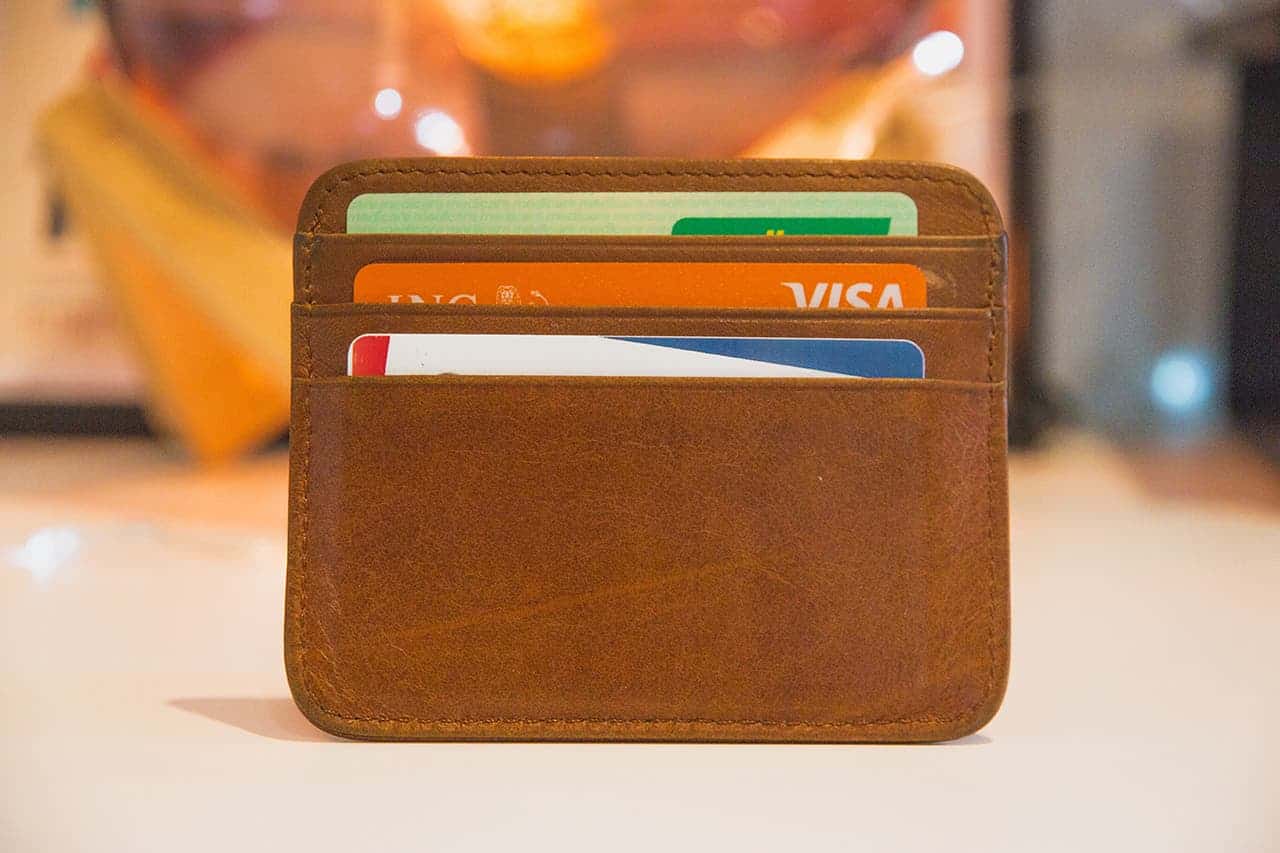
On that note, be extra careful if you use mobile banking apps. Crooks can bombard you with phishing emails and pages to get your baking information. These phishing emails and links may seem like the real deal. But if you enter your information on these, your banking information will be exposed.
Add a Security Layer on Your Social Apps
Keeping your social media accounts logged on your smartphone is always risky. Anyone who gets your phone unlocked can easily get into your account and your personal information. But, yes, it’s quite annoying to log into your socials every time you use the apps.
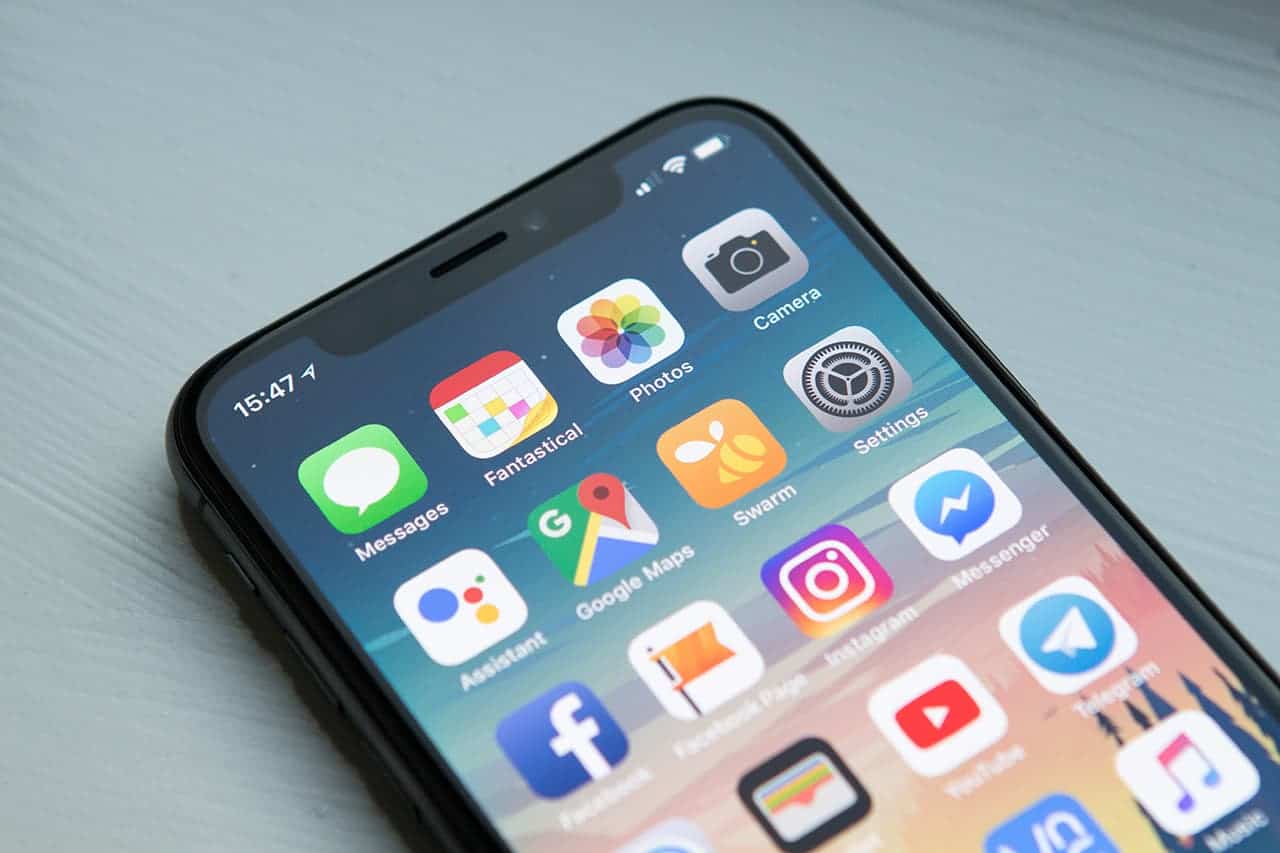
So, if you want to enhance your personal security in this regard, you should add a layer of security to all those apps. Lock them behind a password and use it when you want to access your socials. Both iPhone and Android have a built-in feature that allows you to lock apps.

